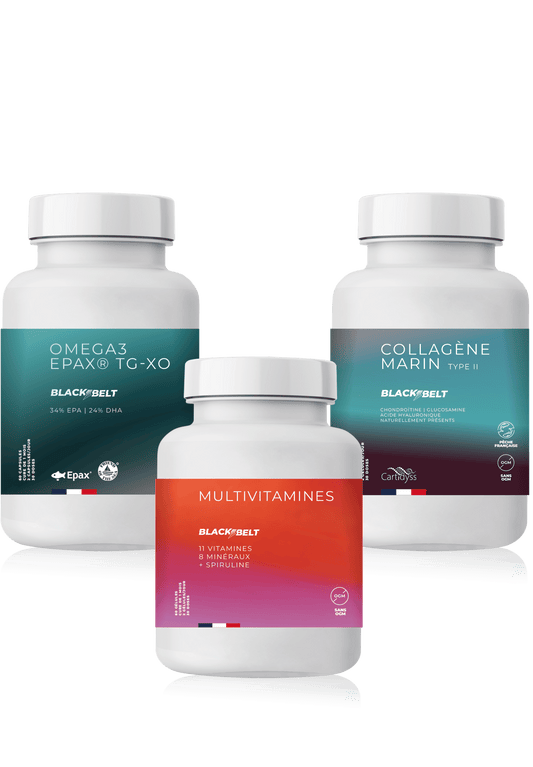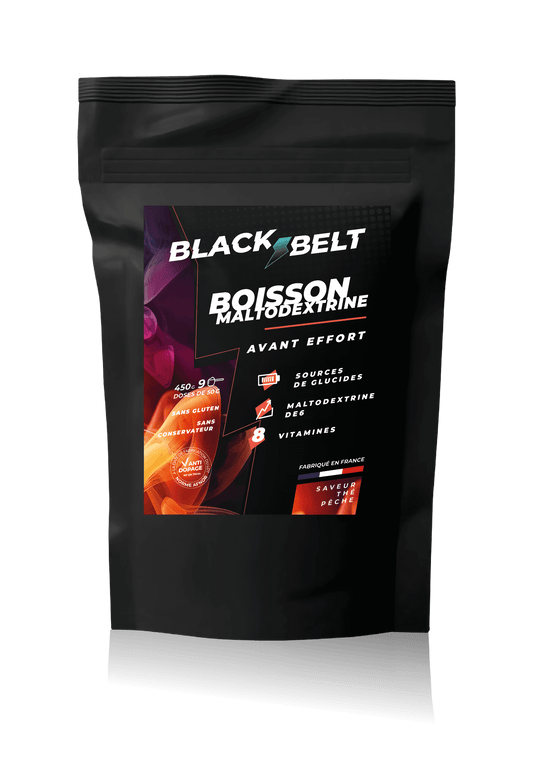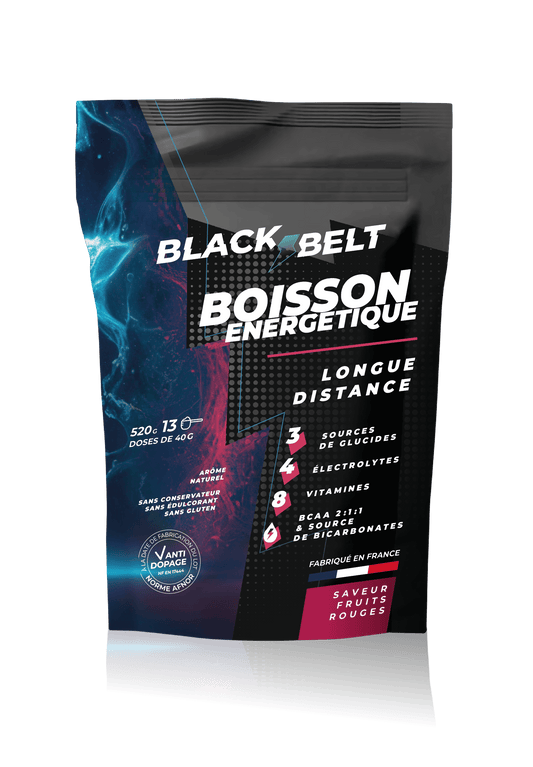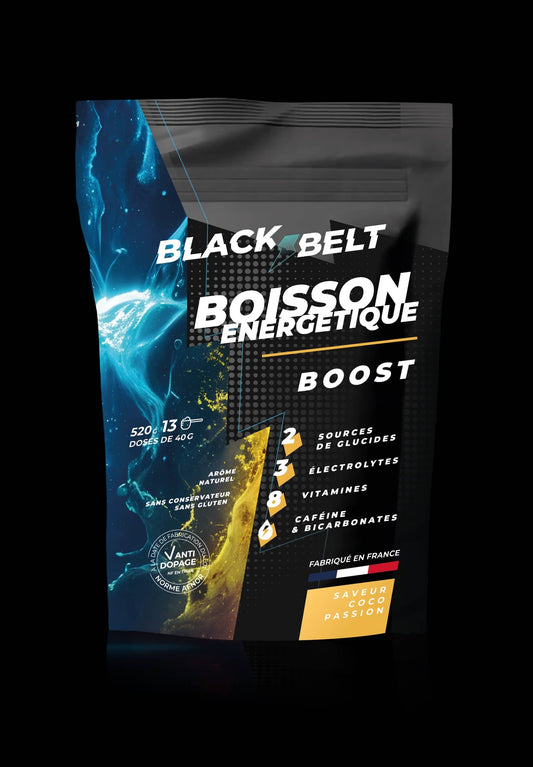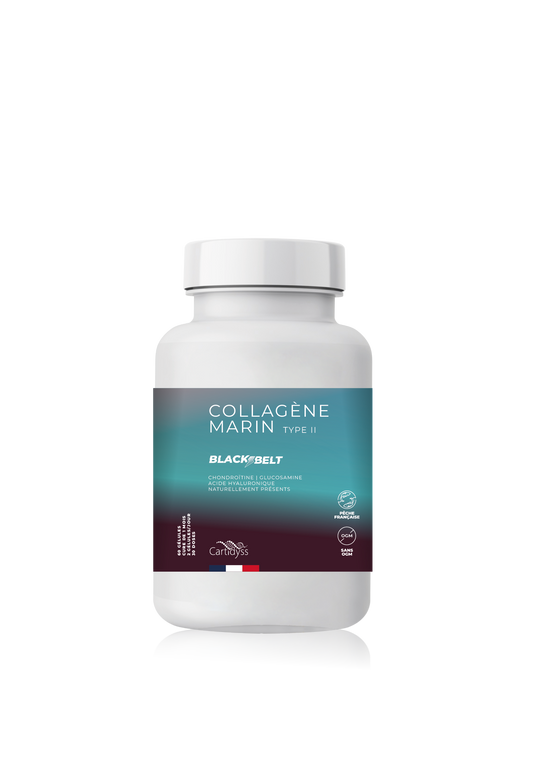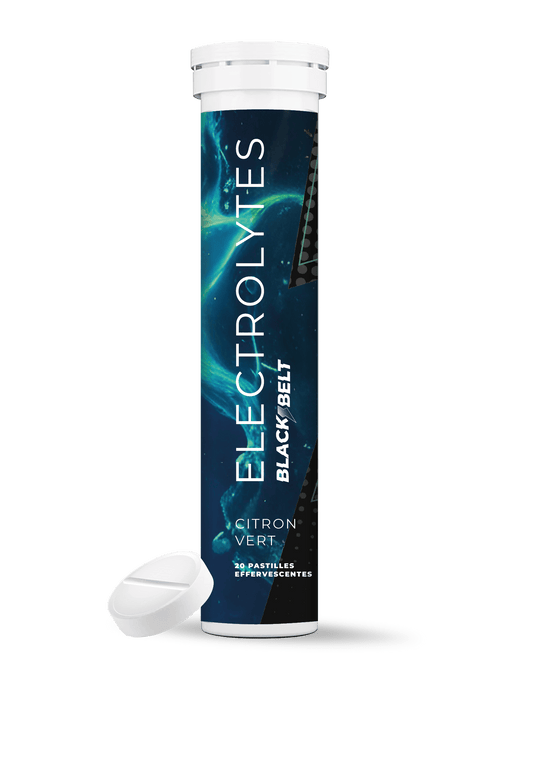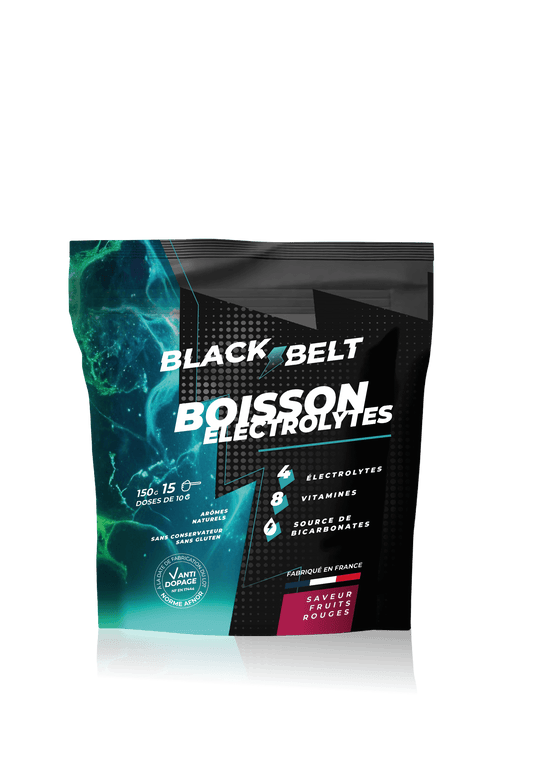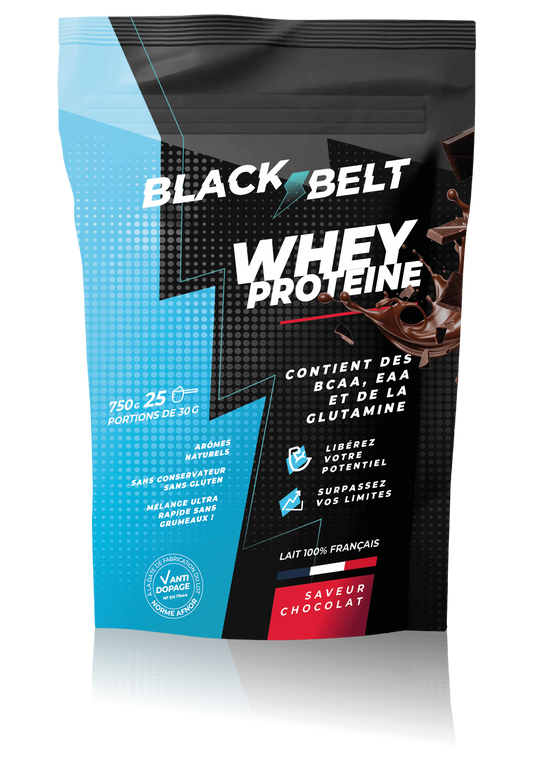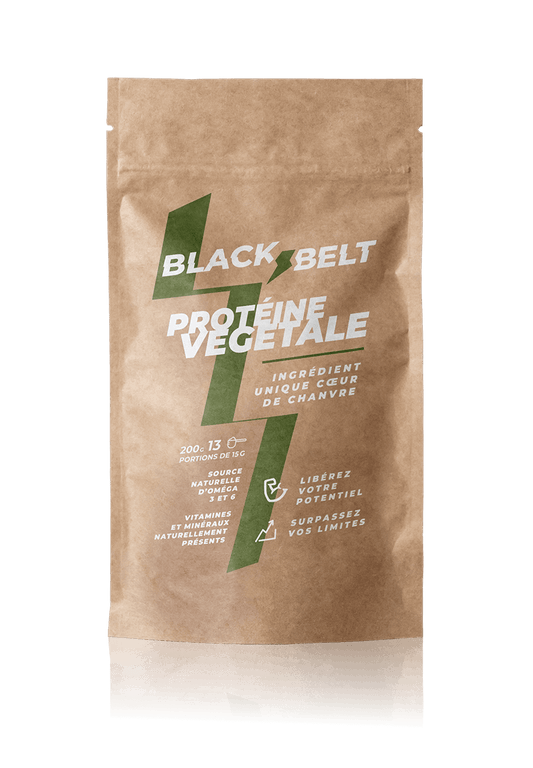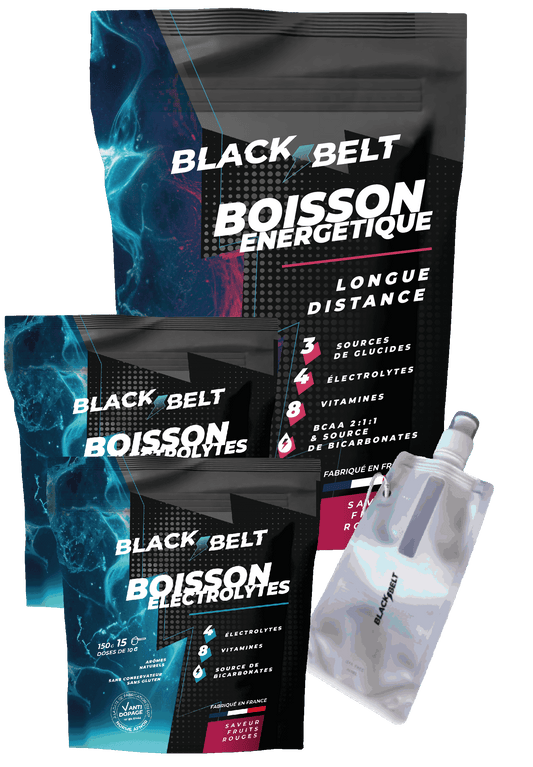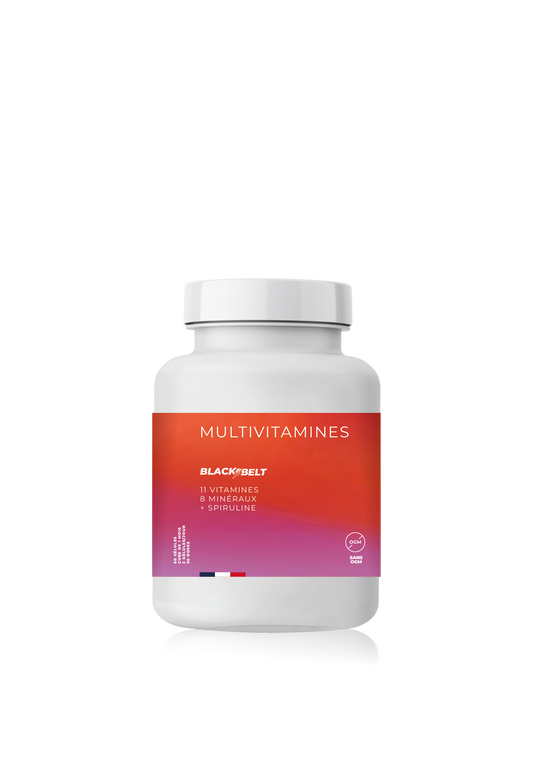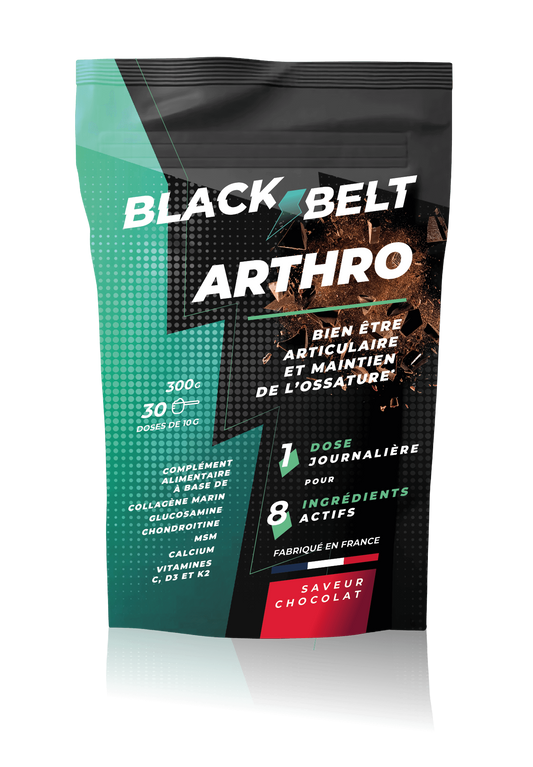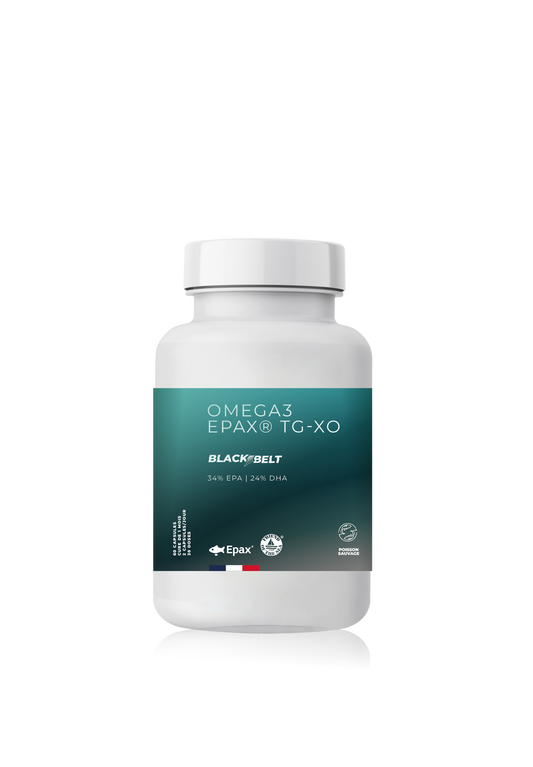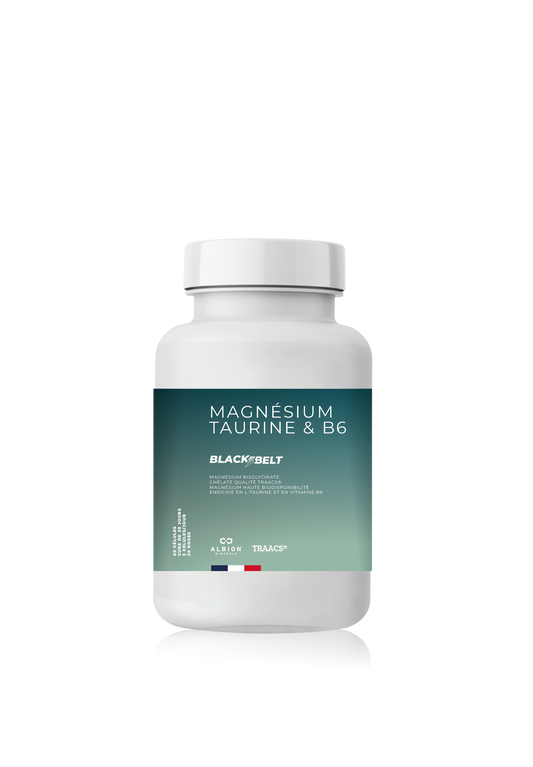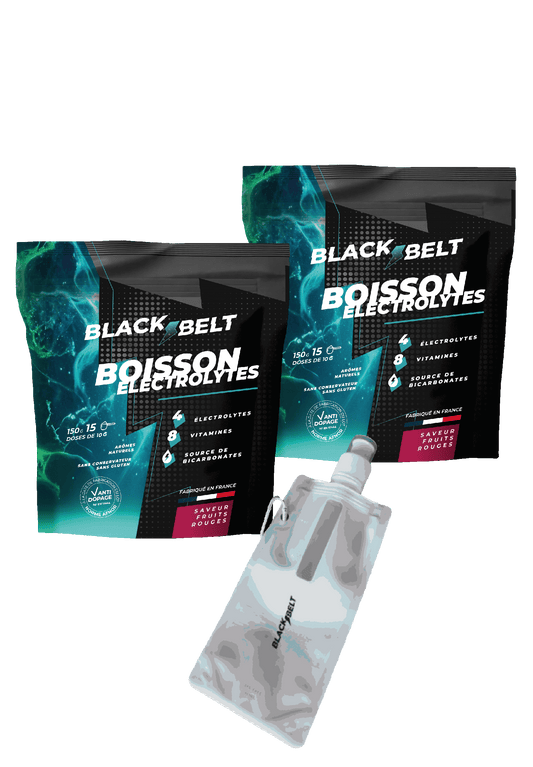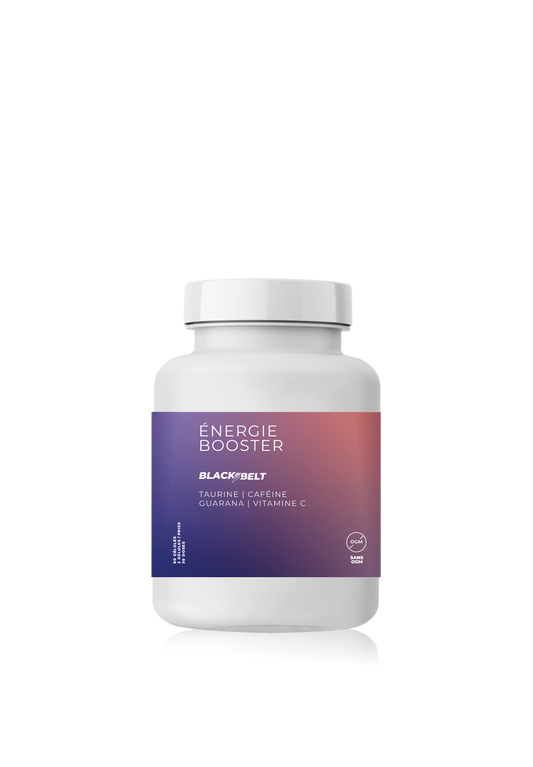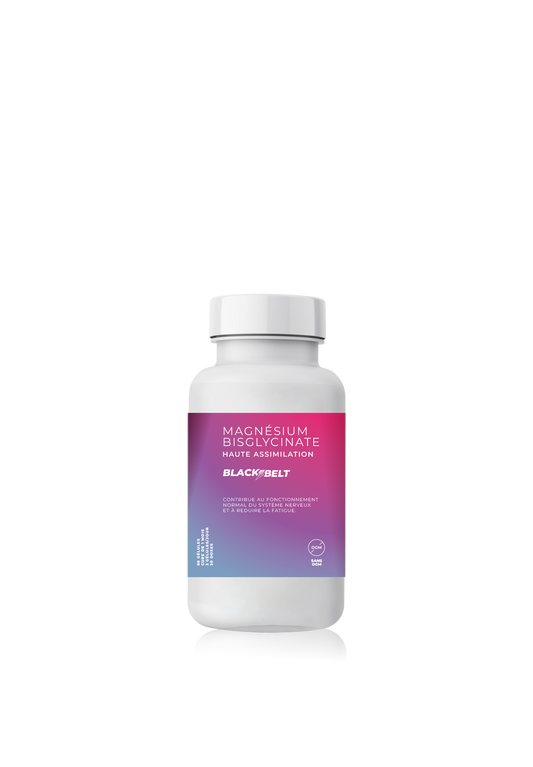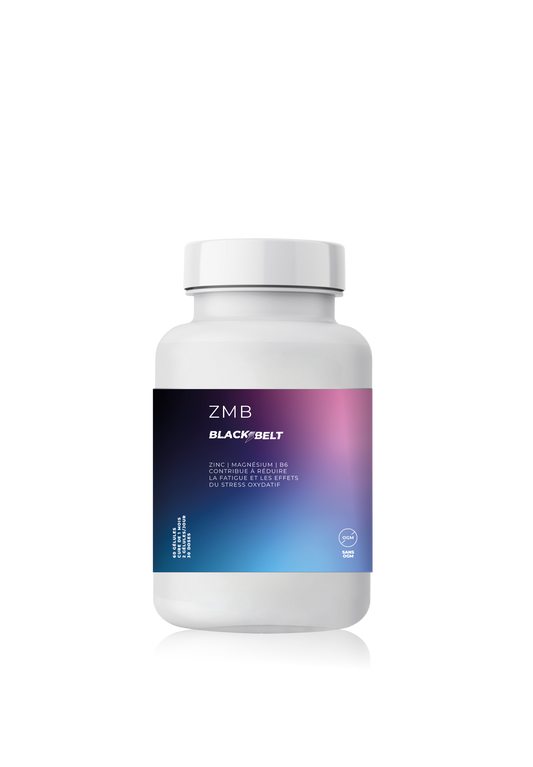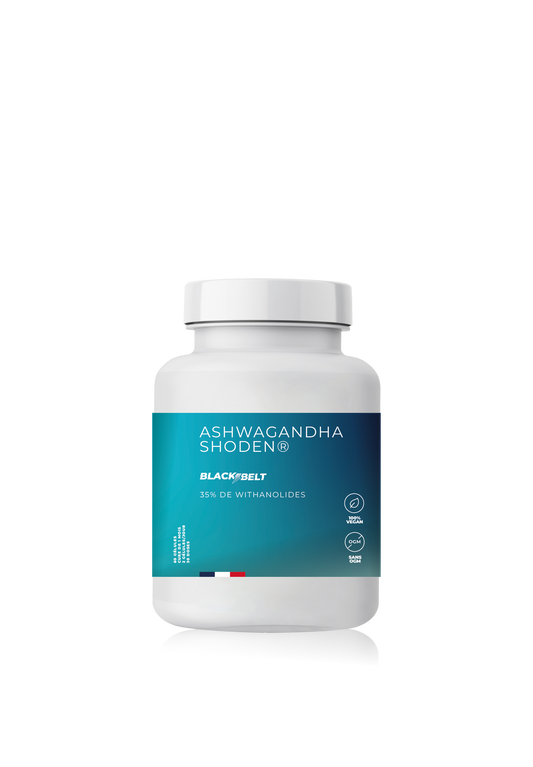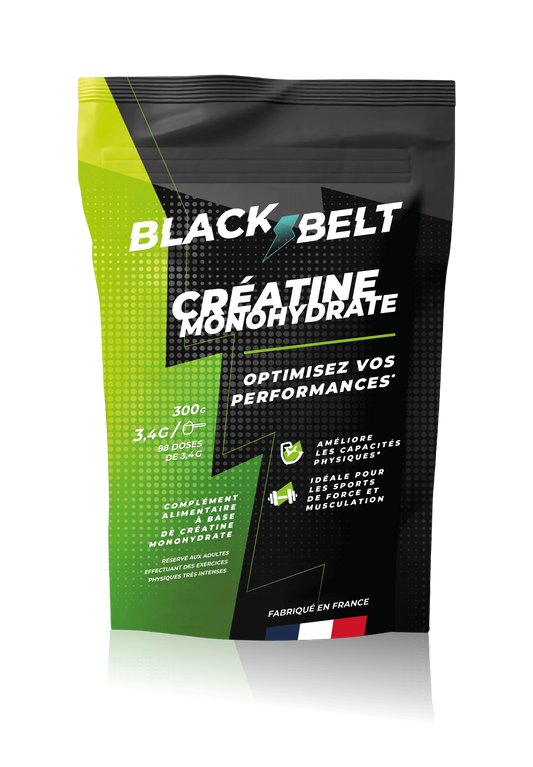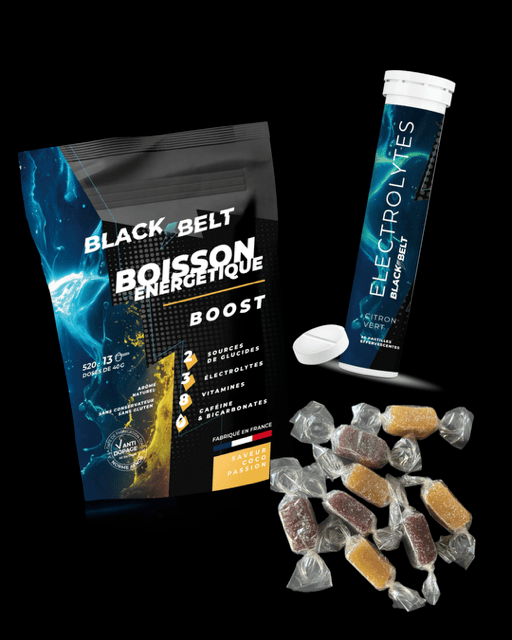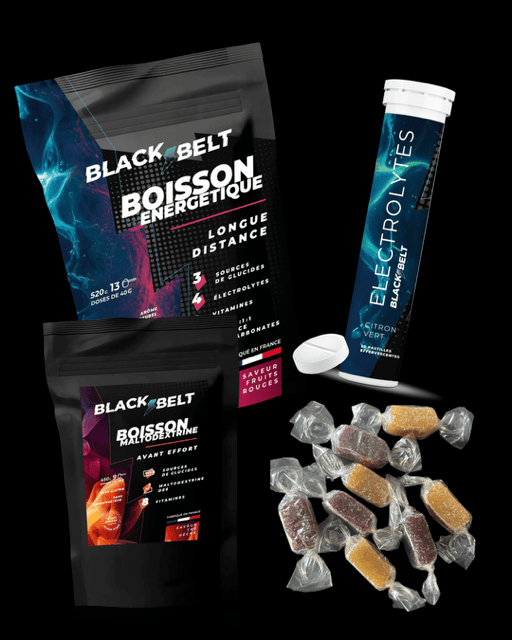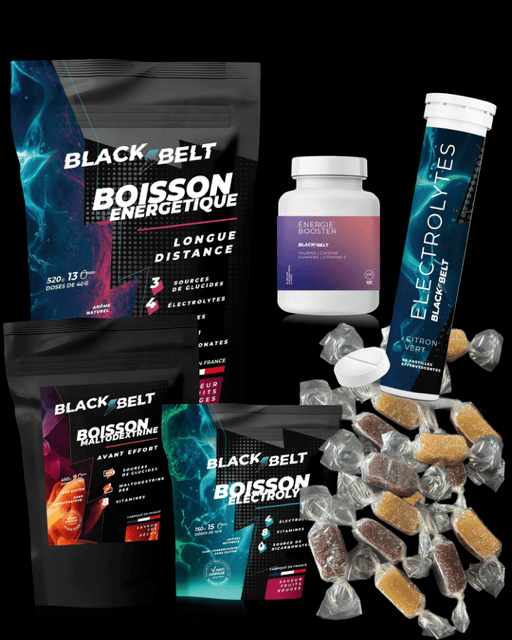
Which Protein Powder is Better: Animal or Plant?
Share
Protein powder has become a popular supplement for many people looking to boost their protein intake, whether for muscle building, exercise recovery, or simply for a healthy lifestyle.
However, a common question persists: which is the best protein powder – animal or plant?
This article explores the pros and cons of each type to help you make an informed choice.
Animal Protein Powder
Animal protein powders, such as whey and casein, are derived from milk.
There are also protein powders made from eggs and beef.
Benefits
Complete amino acid profile
Animal proteins contain all the essential amino acids needed for muscle building and repair.
Fast absorption
Whey is quickly absorbed by the body, making it ideal for post-workout recovery.
Proven effectiveness
Numerous studies show that animal proteins, especially whey, are very effective in increasing muscle mass and improving performance.
Disadvantages
Lactose intolerance
Some people may have digestive issues with whey and casein due to lactose intolerance.
There are, however, native whey isolates (such as high-quality Blackbelt whey ) which are therefore lactose-free but residual traces may be found.
Ethical and environmental issues
The production of animal protein can raise ethical concerns and have a significant environmental impact.
Allergies
Milk and egg proteins can cause allergic reactions in some people.
Plant Protein Powder
Plant-based protein powders are derived from a variety of sources, including peas, rice, hemp, and soy.
Benefits
Hypoallergenic
Plant proteins are generally better tolerated by people with food allergies or intolerances.
Sustainability
The production of plant proteins often has a lower environmental impact compared to animal proteins.
Rich in fiber and nutrients
Plant proteins often contain beneficial fiber, vitamins, and minerals.
Disadvantages
Incomplete amino acid profile
Some plant proteins, such as rice and pea proteins, lack certain essential amino acids.
However, plant-based protein blends can compensate for this shortcoming.
Slower absorption
Plant proteins are generally digested and absorbed more slowly than animal proteins.
Taste and texture
Some people find that plant proteins have a less pleasant taste and texture than animal proteins.
Nutritional Comparison
Characteristic |
Animal Protein |
Vegetable Protein |
Amino acid profile |
Complete |
Sometimes incomplete (but can be balanced with mixtures) |
Absorption rate |
Fast (whey) to moderate (casein) |
Generally slower |
Digestive tolerance |
May cause problems for people with lactose intolerance or allergies (except whey isolate) |
Generally well tolerated |
Environmental impact |
Pupil |
Weaker |
Ethics |
Breeding Concerns |
Generally considered more ethical |
Choosing the Best Option for You
The best protein powder for you will depend on your individual needs, dietary preferences, and ethical concerns:
For fast muscle building and recovery
Whey protein is often recommended because of its complete amino acid profile and rapid absorption.
For food intolerances and ethical choices
Plant-based proteins, such as those made from peas and rice, are good alternatives.
Plant protein blends can provide a complete amino acid profile.
For a balanced diet
Plant proteins provide additional fiber and nutrients that can supplement your diet.
Conclusion
There is no single answer to the question of whether animal or plant protein is better.
Each type has its advantages and disadvantages. It is essential to consider your personal goals, nutritional needs, and ethical values.
Whichever you choose, be sure to select a high-quality protein powder that fits your lifestyle and health goals.







